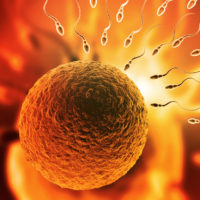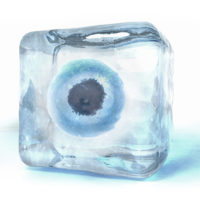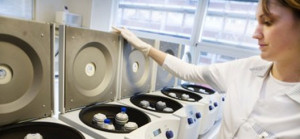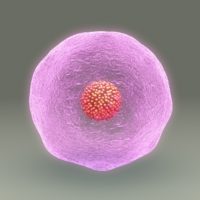Using fresh donor eggs for in-vitro fertilization (IVF) provides a small but statistically significant advantage in birth outcomes compared to frozen donated eggs, research finds.
The national study in the journal Obstetrics & Gynecology was the largest head-to-head comparison of the two IVF approaches, measuring the likelihood of a good perinatal outcome, defined as a single baby without prematurity and with a healthy birth weight.
“Our study found that the odds of a good birth outcome were less with frozen than with fresh, but it was a small difference,” says lead author Jennifer L. Eaton, medical director of assisted reproductive technology and director of the Oocyte Donation Program at the Duke Fertility Center.
“From a clinical standpoint, given that frozen eggs have many benefits such as ease, cost, and speed, the decision to use fresh or frozen donor eggs should be made on an individual basis after consultation with a physician,” Eaton says.
Eaton and colleagues, including senior author Alex Polotsky of the University of Colorado Advanced Reproductive Medicine, studied three years of data from the Society for Assisted Reproductive Technology. Nearly 37,000 IVF attempts were analyzed, including 8,381 (22.7%) that used frozen eggs and 28,544 (77.3%) using fresh.
Controlling for factors such as the quality of fertilized eggs and the age of both mother and donor, the researchers found that fresh eggs resulted in a good perinatal outcome in 24% of fertility attempts compared to 22% of the attempts with frozen eggs. Implantation, clinical pregnancy, and live birth rates were all significantly higher among the women using fresh eggs vs. frozen.
“As IVF with donor oocytes has become standard treatment for women with decreased egg supply or advanced reproductive age, there has been an increased demand for donor oocytes, making frozen eggs an attractive option,” Eaton says. “In general, IVF with frozen donor eggs is cheaper and faster than with fresh donor eggs.
Fututiry.org by Sarah Avery-Duke, February 7, 2020
Click here to read the entire article.
The post Fresh Eggs For IVF Offer Slightly Better Birth Outcomes appeared first on Time For Families.
Source: Time for Families




